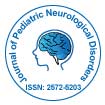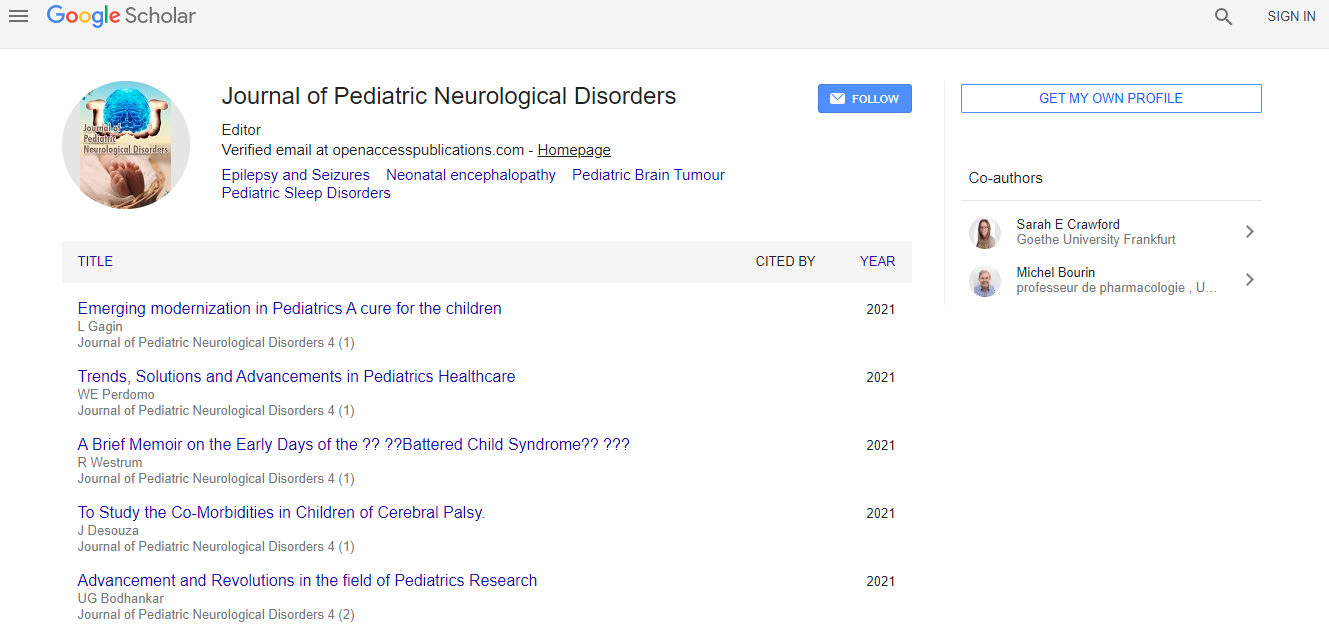Research Article
Neurosensorimotor Reflex Integration for Autism: a New TherapyModality Paradigm
Masgutova SK1*, Akhmatova NK2 Sadowska L3, Shackleford P4 and Akhmatov EA2
1Svetlana Masgutova Educational Institute, LLC, Orlando, FL, USA
2I.I. Mechnikov Scientific Research Institute for Vaccines and Serums, Moscow, Russia
3Medical University by Piastow Slaskich, Wroclaw, Poland
4PK Concepts, Melrose, FL, USA
- *Corresponding Author:
- Masgutova SK
Svetlana Masgutova Educational Institute
LLC, Orlando, USA
Tel: +1 (720)544-1166
E-mail: saverkamp@sbcglobal.net
Received Date: July 13, 2016; Accepted Date: September 30, 2016; Published Date: October 07, 2016
Citation: Masgutova SK, Akhmatova NK, Sadowska L, Shackleford P, Akhmatov EA (2016) Neurosensorimotor Reflex Integration for Autism: a New Therapy Modality Paradigm. J Pediatr Neurol Disord 2: 107. doi: 10.4172/2572-5203.1000107
Copyright: © 2016 Masgutova SK, et al. This is an open-access article distributed under the terms of the Creative Commons Attribution License, which permits unrestricted use, distribution, and reproduction in any medium, provided the original author and source are credited.
Abstract
The goal of this research was to evaluate the effect of the Masgutova Neurosensorimotor Reflex Integration (MNRI) therapy modality in improving the behavioral, cognitive, and physical functioning of individuals diagnosed with Autism Spectrum Disorder (ASD). Our research group utilized the MNRI therapy modality based on knowledge of the neurophysiology of reflexes, clinical observations, and studies of reflex pathologies which can be key to improving neurodevelopment in children diagnosed with ASD. The MNRI program uses specific strategies and techniques which access innate natural resources – reflex circuit pathways of the nervous system aimed at supporting maturation within their neuro-sensorymotor patterns. Symptoms of children with ASD are reflected in their lack of sensory-motor integration, poor social interaction and language development, repetitive behaviors and actions, and hyperactive and anxiety disorders. The current study involved three groups: the Study Group of children (n=524) diagnosed with ASD that received the MNRI program, and two control groups that did not receive the MNRI treatment program – Control Group 1: 94 children diagnosed with ASD (total n=618) and Control Group 2: 683 children with neurotypical development. A Reflex Assessment was given to all children before and after the study period. Statistical analysis revealed that a large spectrum of reflex patterns (86.67% or 26 of 30 patterns) were dysfunctional or pathological in children diagnosed with ASD compared to those with neurotypical development [5]. Based on this specific data, the MNRI program utilized techniques and exercises that targeted the restoration of reflex circuit components and protection functions of the children with ASD. A Reflex Assessment completed prior to and after the MNRI intervention (duration – 6 hours daily, 48 hours total) demonstrated a statistically significant (p<0.05) improvement in 83.3% of the reflex patterns of children with ASD in the Study Group. Further qualitative analysis confirms that children in the Study Group also showed improvement in the level of sensory-motor integration, communication, physical and cognitive functioning, particularly, in such areas such as: postural control, motor coordination, balance, tactile sensitivity, behavioral control, state of “presence” and self-awareness, and other abilities and skills, observed by their therapists, parents, and sometimes even themselves. Based on the data from the current study, MNRI intervention appears to have a beneficial effect on children with autism with 80% of the study participants demonstrating improved sensory-motor integration as well as physical, behavioral, emotional, and cognitive development.

